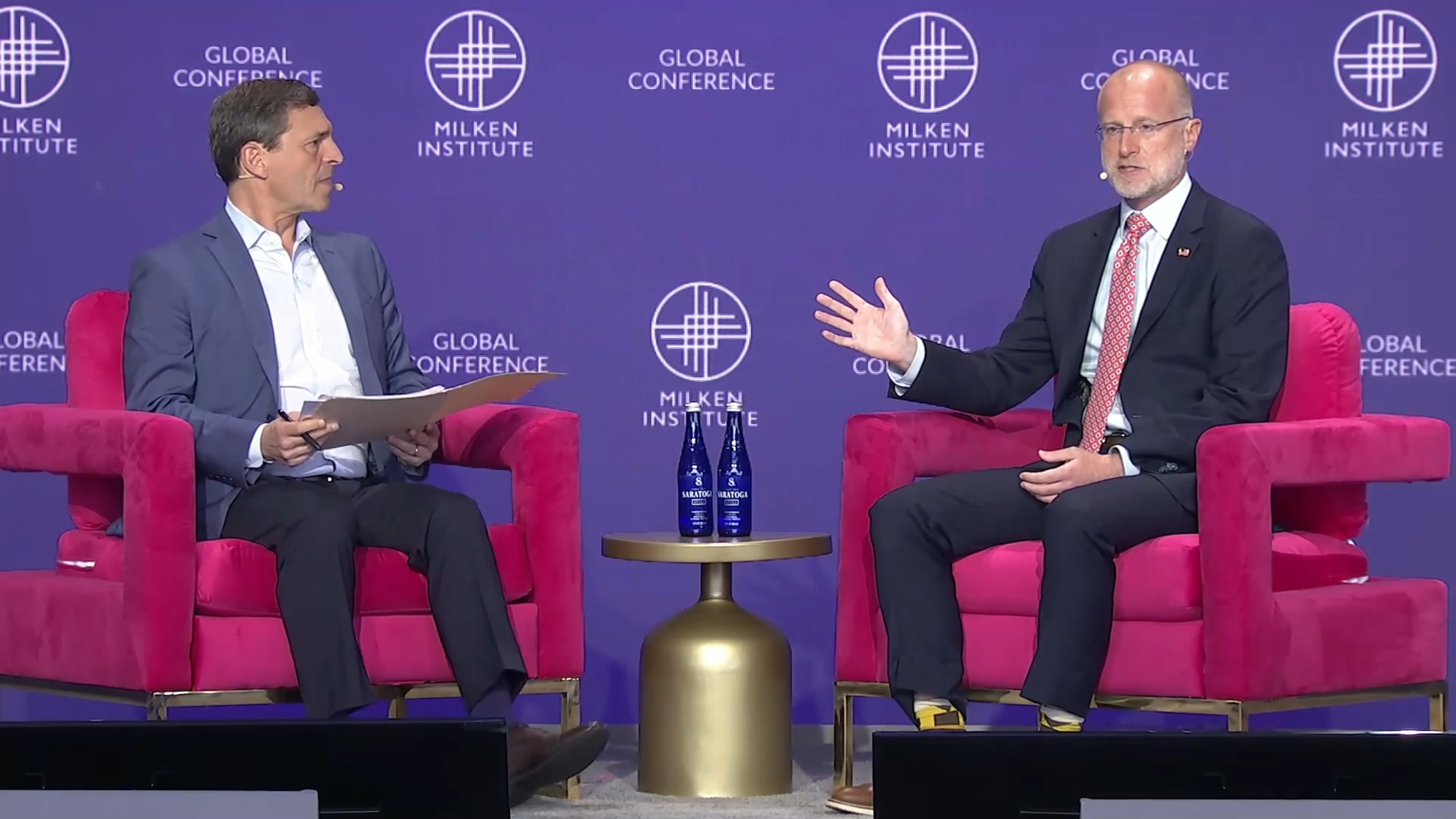Spain ends terrestrial mobile TV service
Terrestrial mobile TV is over in Spain, according to Bernardo Lorenzo, Ministry of Industry director general of telecommunications. That is, unless demand for mobile digital terrestrial TV increases. If not, the government will reassign the mobile DTV frequencies to other services.
The odds don’t look great, because terrestrial mobile TV (DTT) in Europe using the designated DVB-H standard has a short, troubled history. The European Union dubbed DVB-H its terrestrial mobile TV standard in 2008, but the country-by-country rollouts have been less than impressive. According to broadbandtvnews.com, which broke the story, Lorenzo cited the lack of an “appropriate business model” and the desire not to be counted as “one of the failures that have occurred in Europe” behind the decision.
Those failures are legion. In fact, Switzerland’s Swisscom Mobile ended its DVB-H mobile TV service not long before the Spanish decision. Germany’s aborted launch of an intended DVB-H mobile TV service in 2008 was perhaps the most prominent failure, but the service also didn’t take hold in France in 2009. Critics cite several factors that sabotaged the government-led implementation of mobile TV based on DVB-H: the standard was chosen before there were sufficient manufacturers offering gear to implement it, and there was a lack of a proven business model. In the case of Switzerland, regulators awarded the license for mobile TV to the country’s biggest mobile operator, Swisscom, which had no incentive to create competition by renting spectrum or to market the service aggressively to its existing client base.
Get the TV Tech Newsletter
The professional video industry's #1 source for news, trends and product and tech information. Sign up below.
